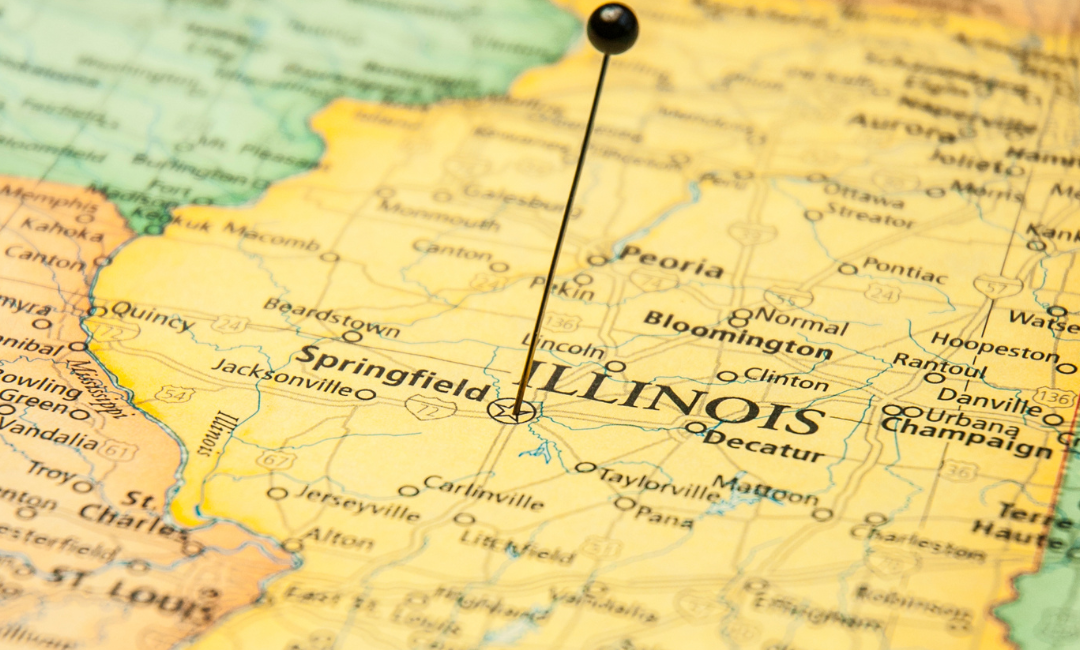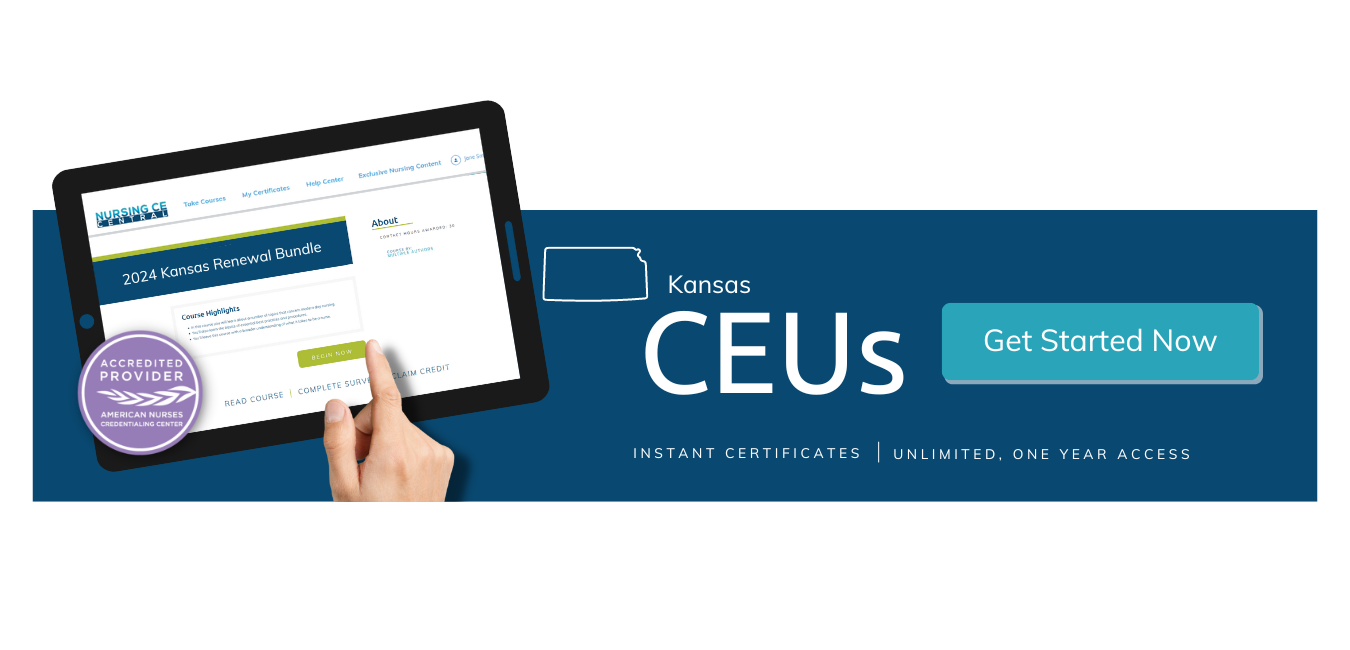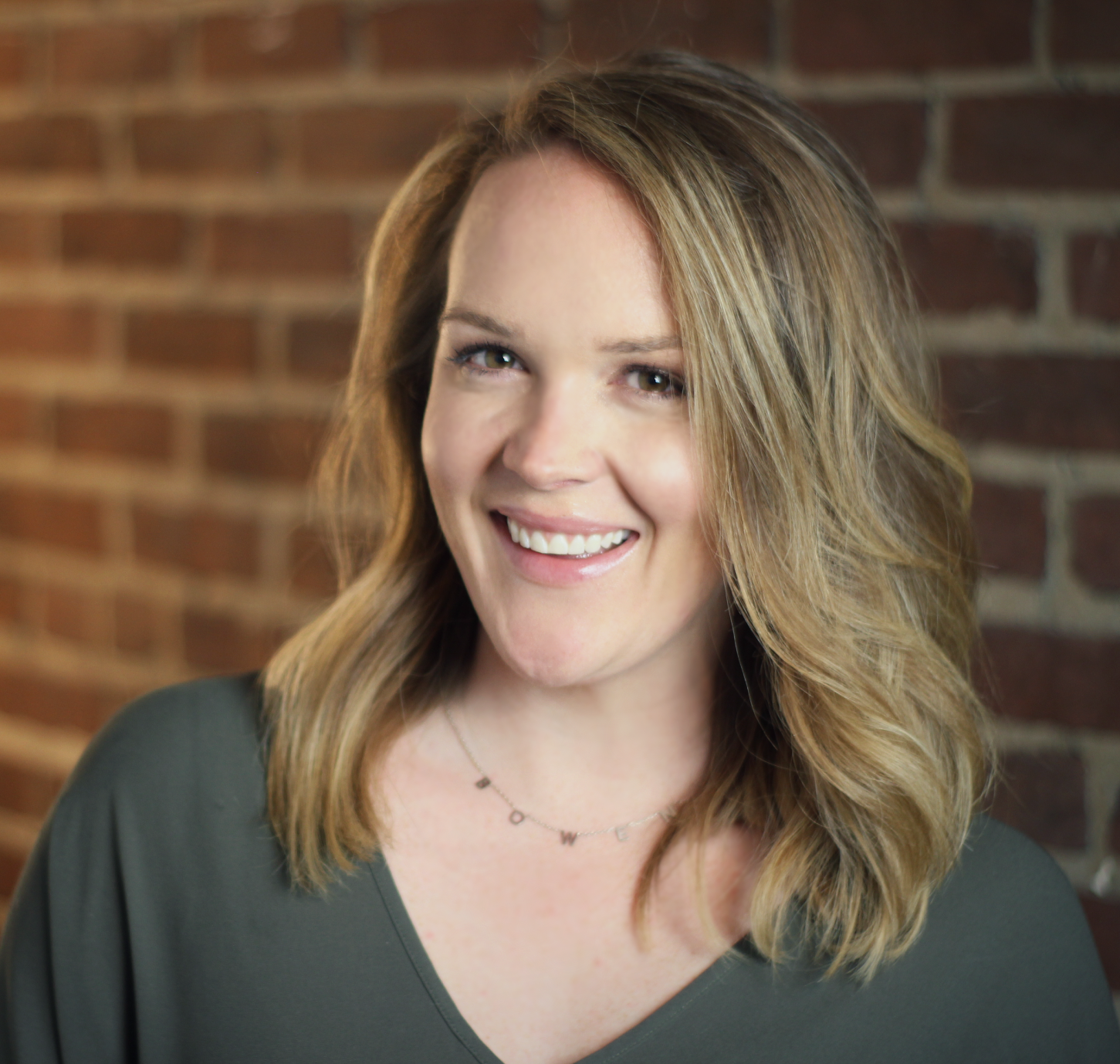Why Does It Matter?
It is evident that we reach an increasingly vulnerable state when visiting a healthcare professional, as we must discuss topics regarding our own health and wellness habits, which, to some, can be quite uncomfortable.
As a nurse, mother, and patient myself, we want to fully trust our nurses and physicians who are caring and advocating for us and our families, right?
Although the task itself may be tedious, medical credentialing is essential for the patient, provider, and healthcare facility.
Here are some of the top pros of medical credentialing:
For the patient:
- Allows them to see the expertise of a prospective provider, or if they have been previously disciplined by their board of medical licensure
- Builds trust between them and the selected provider
- Improves their safety while in the facility
For the provider:
- Increases patient base
- Establishes credibility
- Ensures professionalism and reputation
- Delivers competitive edge
For the facility:
- Decreases medical errors
- Enhances hiring processes
- Prevents losing revenue
- Ensures quality assurance
By assessing and confirming the qualifications and credentials of your providers, it allows institutions to be able to employ the most qualified and experienced professionals in their field and save them from a number of liabilities including poor or unsafe healthcare, risk of compliance violations potential lawsuits.
Additionally, it builds rapport and trust between providers and patients during their most vulnerable times.







